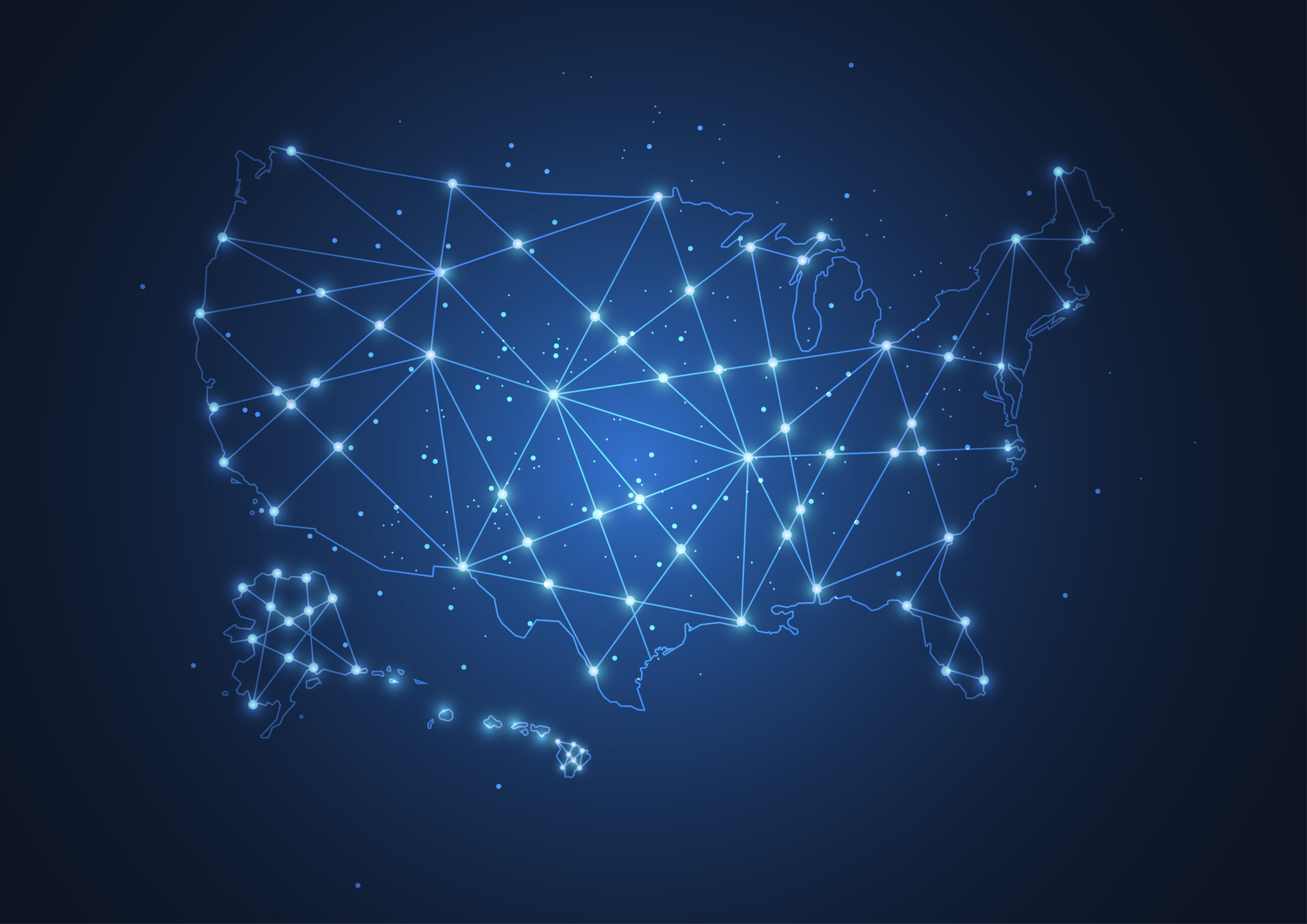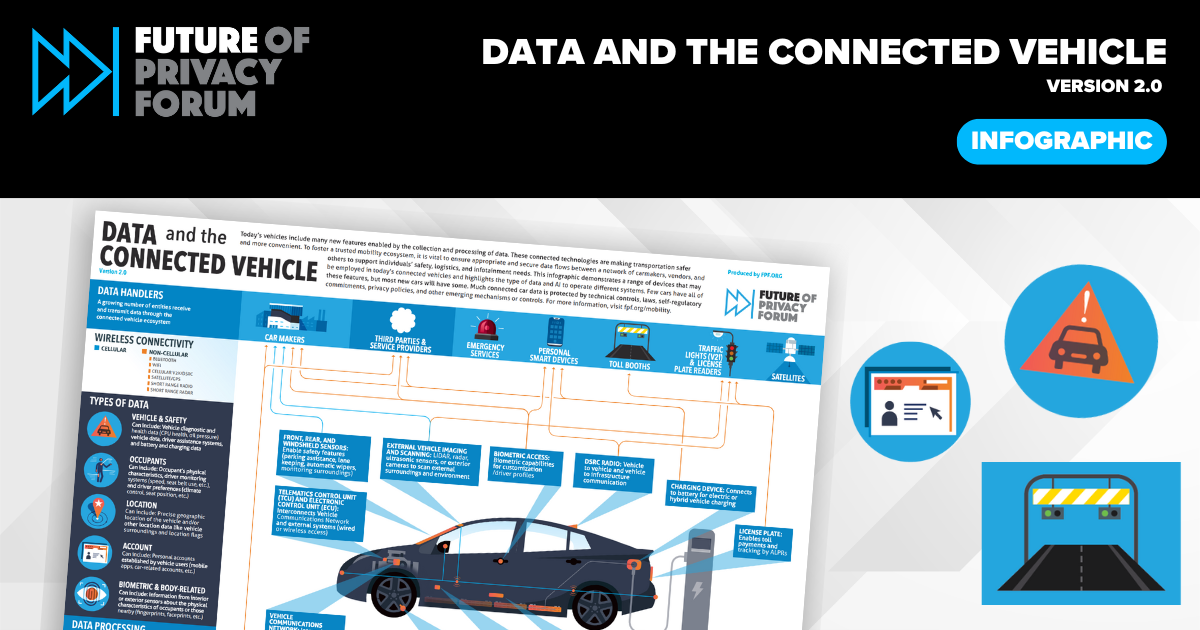Showing results for the2024 221the promo code india today bulgaria the2024 221the

Five Big Questions (and Zero Predictions) for the U.S. State Privacy Landscape in 2025
[…] opt-outs – exceeds the bounds of the Agency’s statutory authority and is in violation of the California Administrative Procedure Act. Separately, while the Maryland Age Appropriate Design Code was drafted to remove any direct requirements to moderate content, the law’s risk assessment requirements may still contain “proxies for content” that Ninth Circuit found to […]

FPF Unveils Report on the Anatomy of State Comprehensive Privacy Law
Today, the Future of Privacy Forum (FPF) launched a new report—Anatomy of State Comprehensive Privacy Law: Surveying the State Privacy Law Landscape and Recent Legislative Trends. By distilling this broad landscape to identify the “anatomy” of state comprehensive privacy law, this report highlights the strong commonalities and the nuanced differences between the various […]

The African Union’s Continental AI Strategy: Data Protection and Governance Laws Set to Play a Key Role in AI Regulation
[…] research and evaluation: Ongoing African-led research is needed to assess new risks arising from AI development and use in Africa; evaluate the efficacy of governance tools to promote the development and use of AI systems that are inclusive, fair, sustainable, and just; review best practices in AI governance coming out of similar country contexts […]

Synthetic Content: Exploring the Risks, Technical Approaches, and Regulatory Responses
Today, the Future of Privacy Forum (FPF) released a new report, Synthetic Content: Exploring the Risks, Technical Approaches, and Regulatory Responses, which analyzes the various approaches being pursued to address the risks associated with “synthetic” content – material produced by generative artificial intelligence (AI) tools. As more people use generative AI to create […]

FPF Analysis of New Requirements for Generative AI Use by Healthcare Entities in Patient Communications
[…] Communications Intern On September 28, Governor Gavin Newsom signed California AB 3030, among a host of AI bills. CA AB 3030 amended the California Health & Safety Code and requires specified healthcare entities to disclose the use of generative artificial intelligence (AI) in provider-patient communications through visual or verbal disclaimers presented before, during, and/or […]

FPF Submits Comments to Inform New York Children’s Privacy Rulemaking Processes
At the end of the 2024 legislative session, New York State passed a pair of bills aimed at creating heightened protections for children and teens online. One, the New York Child Data Protection Act (NYCDPA), applies to a broad range of online services that are “primarily directed to children.” The NYCDPA creates novel substantive data […]

Updated FPF Infographic Explores Data in Connected Vehicles
Today, The Future of Privacy Forum is launching the Data and the Connected Vehicle Infographic 2.0, including new updates to account for the types of data associated with connected vehicles, features in and outside of the vehicle, and data handlers who receive and process data. Lawmakers, manufacturers, privacy professionals, and consumers are actively […]

Infographic Explores Driver Data Collection and Use in Connected Cars
[…] transparency regarding vehicle data and what happens with it. FPF’s updated Data and the Connected Vehicle infographic provides an accessible visual of the critical data flows in today’s connected vehicles and how they collect and use data and AI to operate different systems. “Most new vehicles have some, if not all, of the features […]

FPF Unveils Report on Emerging Trends in U.S. State AI Regulation
[…] U.S. states. As artificial intelligence (AI) becomes increasingly embedded in daily life and critical sectors like healthcare and employment, state lawmakers have begun crafting regulatory strategies to promote its opportunities while addressing its heightened risks. This report by FPF delves into the trends of these legislative efforts, examines core questions and issues, and offers […]

Five ways in which the DPDPA could shape the development of AI in India
[…] as training an AI model, but which is not anymore publicly available after being collected. 3. Exemptions for research purposes with clear technical and ethical standards could promote AI research and development Section 17(2)(b) of the DPDPA also exempts processing of personal data for “research, archiving or statistical purposes” from obligations under the DPDPA. […]
